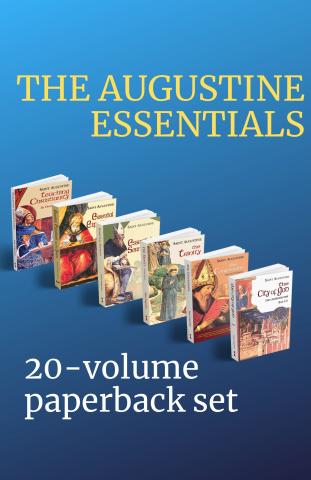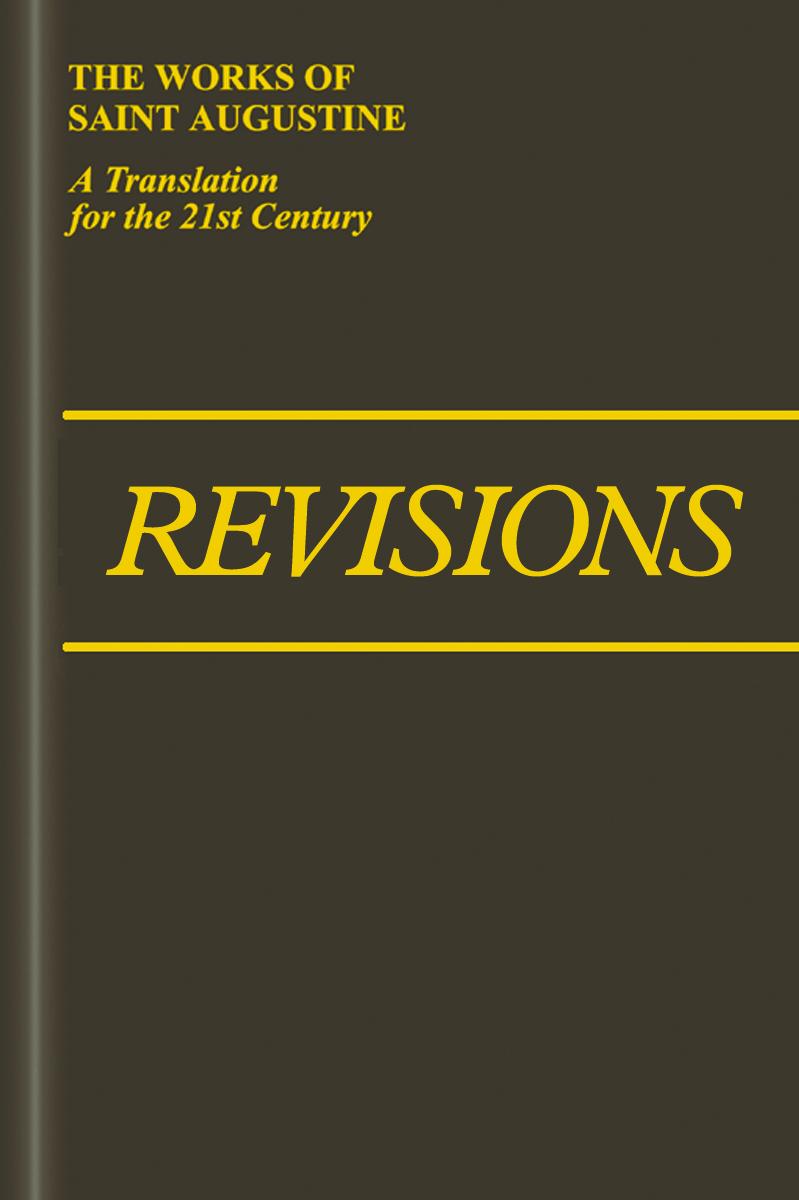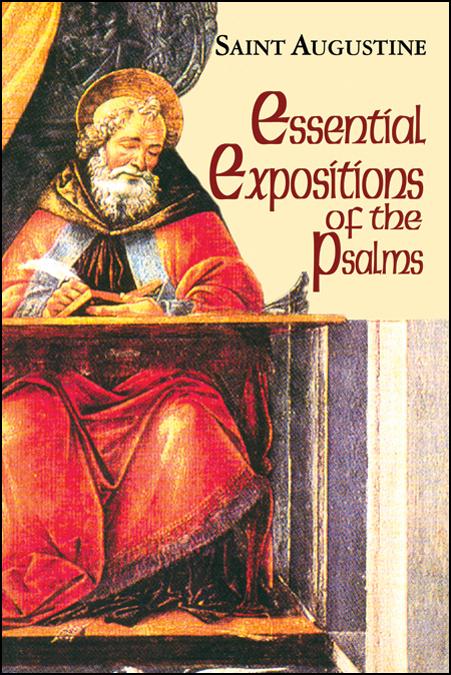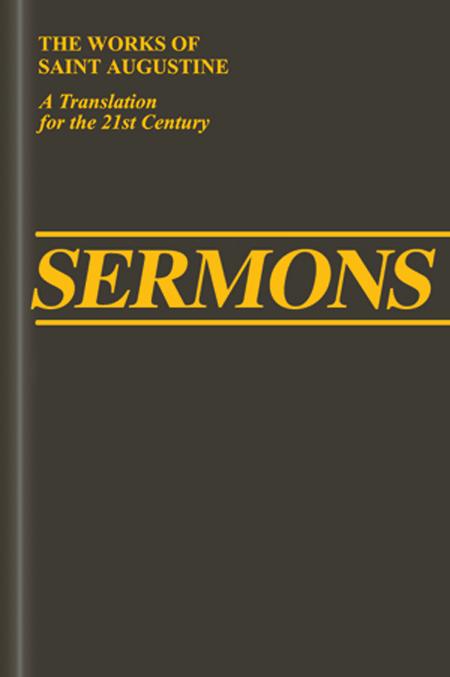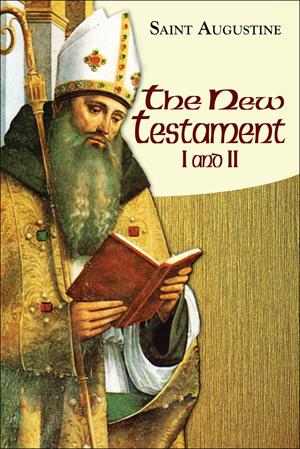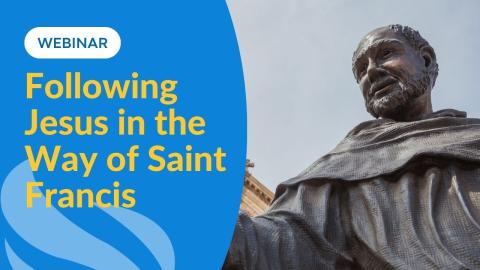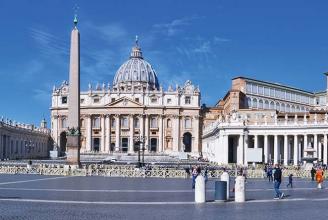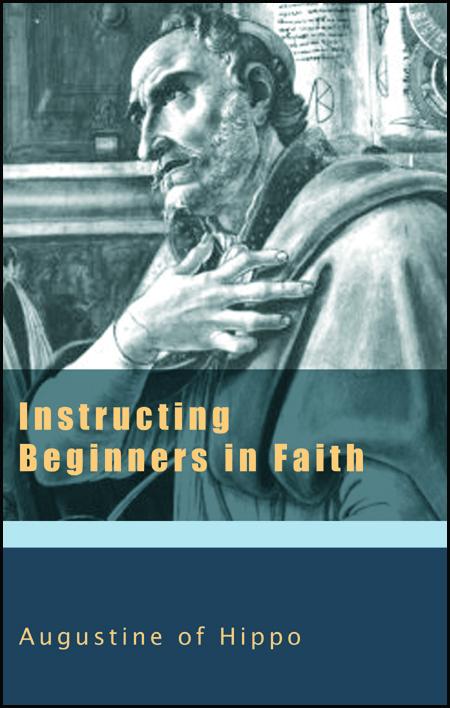
Instructing Beginners in Faith

About the book
De catechizandis rudibus was written as a reflection on the most suitable way of communicating the heart of Christian faith to those applying for membership in the Church.
As with very many of Augustine’s works, Instructing Beginners in Faith is a response to a request, an answer to questions put to him by others. In this case we know from the first words of the work itself that the one making the request is named Deogratias (Augustine calls him “brother”), and a couple of lines later we learn that he is a deacon in Carthage, the principal city of Proconsular Africa, where he enjoys popularity as a teacher of the faith. In the most general terms, he wanted Augustine to send him “something in writing which might be of use to him on the question of instructing beginners in faith (de catechizandis rudibus)”. The term rudes in this expression referred specifically to people who were approaching the Church for the first time with the wish to become Christians.
Instructing Beginners in Faith has been frequently and creatively adapted to serve the needs of education in faith in many different contexts, including the education of clergy and religious education more generally. The two model catecheses that Augustine sketches not only continue to have relevance today but also provide an important insight into his understanding of the use of scripture and tradition. Augustine's awareness of the problems that religious educators face demonstrates his profound grasp of the human condition. Written as a reflection on the most suitable way of communicating the heart of Christian faith to those applying for membership of the Church.


